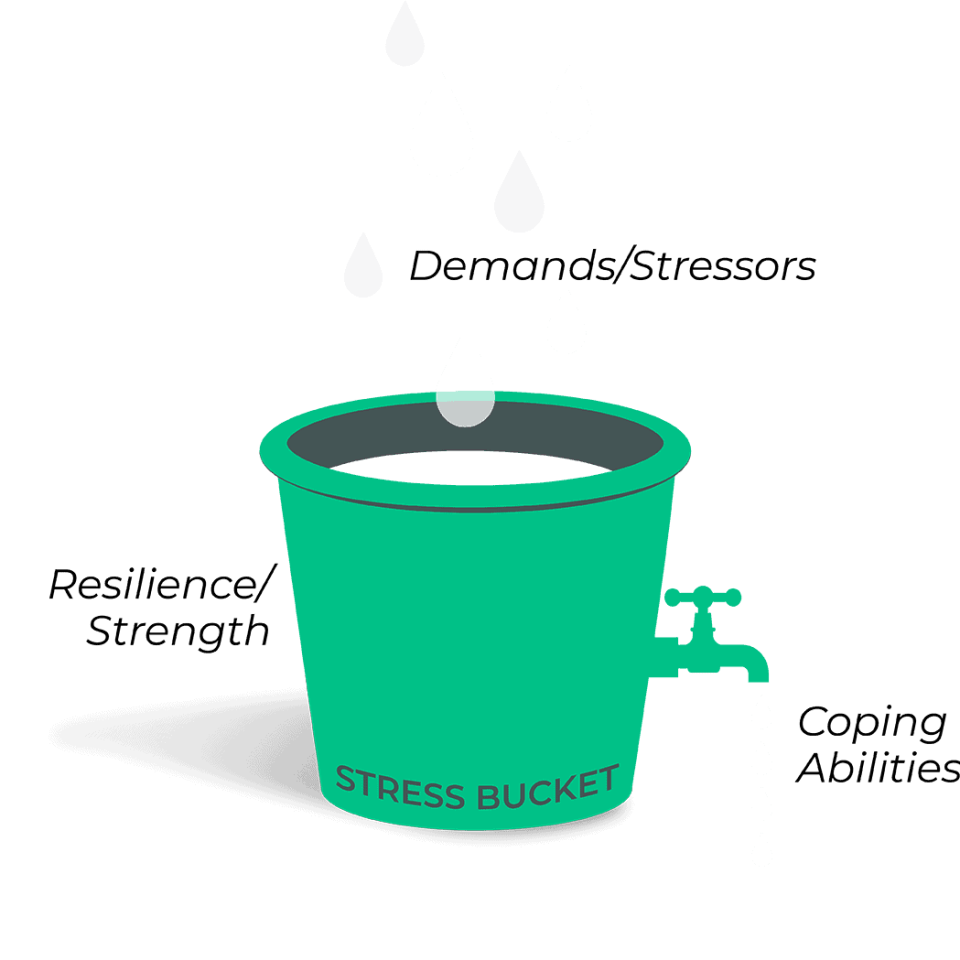Ways to Mitigate Stress:
1. Talk to someone: Humans are innately social creatures, so it’s important we talk to people if we’re undergoing problems as the famous saying goes ‘A problem shared is a problem halved’ and when we go to talk to someone we can feel a sense of relief for sharing our worries. The person on the receiving end will then be able to provide advice and an alternative perspective helping you in reaching a solution.
2. Journaling: Write down your feelings. Writing down how you feel helps you identify events that you found more stressful, meaning you can try and prevent that stress in future situations. It can also be a great outlet for expressing your emotions and making sense of them.
3. Practising Gratitude: Whilst this may seem minor, even listing 3 things you’re grateful for can help shift your perspective into one where you feel more positive and more grateful for things we have. Sometimes we can really focus on the negative, especially if we’re feeling stressed. Practising gratitude helps you be more appreciative and puts your anxiety in a better perspective.
4. Self Care: It is vital in achieving happiness because if you’re not looking after yourself, then it’s hard to maintain positive social relationships with others. Self-care can vary from person to person and can range from unwinding and taking a bath, going for a walk, taking yourself to a new restaurant, cooking a new recipe, going to the gym or reading a book. There are so many ways to take time for yourself, but it can clear your head and offer perspective. For example, I have decided to incorporate going to a yoga class twice a week, and I already feel more present and in tune with my emotions.
5. Disconnect: It’s easy to find yourself aimlessly scrolling through social media, leading you to be unproductive throughout the day. Aim not to use your phone for the first hour when you wake up and an hour before sleep. Swap your phone with a book and notice that you might even sleep better during the night and build a nicer day and night routine.
6. Exercise: Try and move your body each day with a sweaty workout or a simple walk in the park. Incorporating more movement and catching some sunshine (when there is sun!) is proven to release endorphins which will naturally help you relieve stress.



